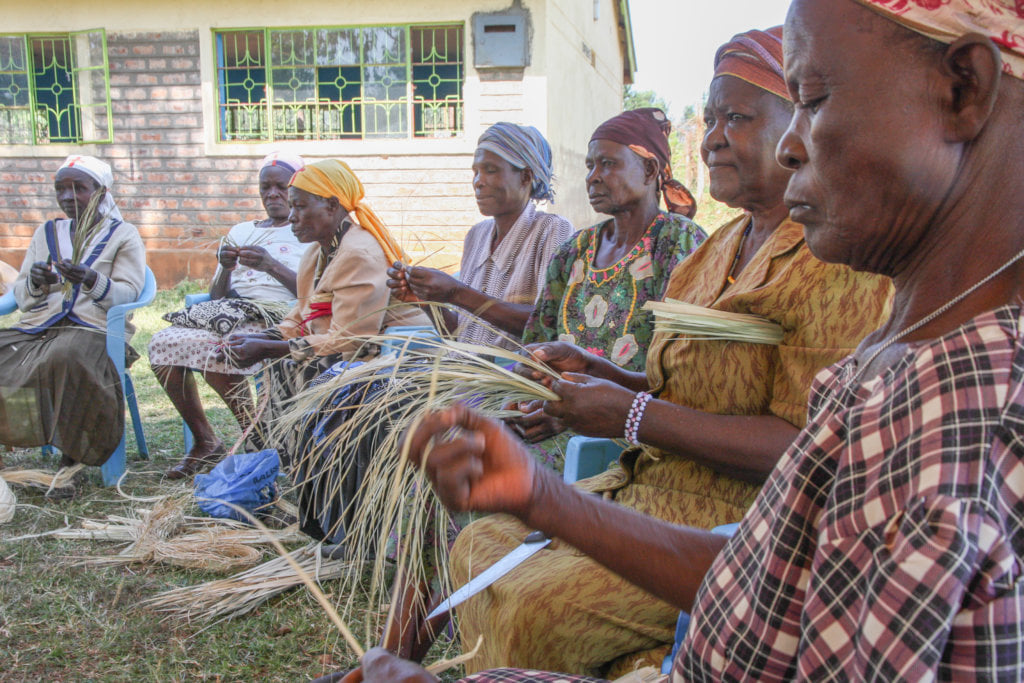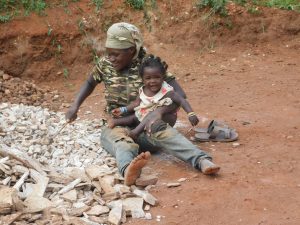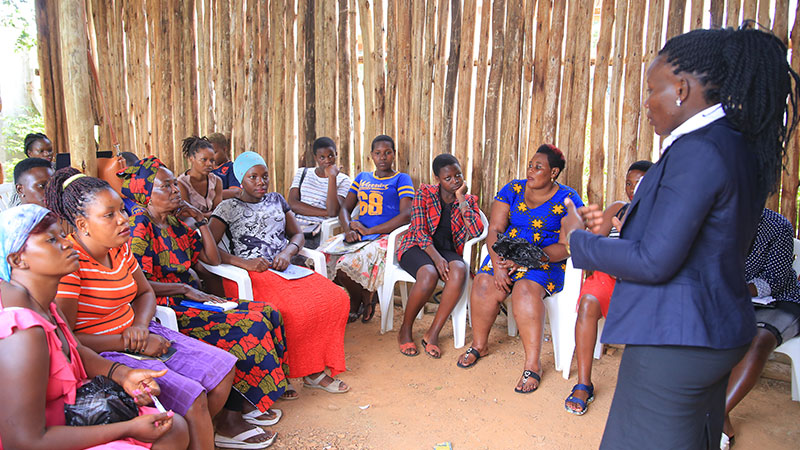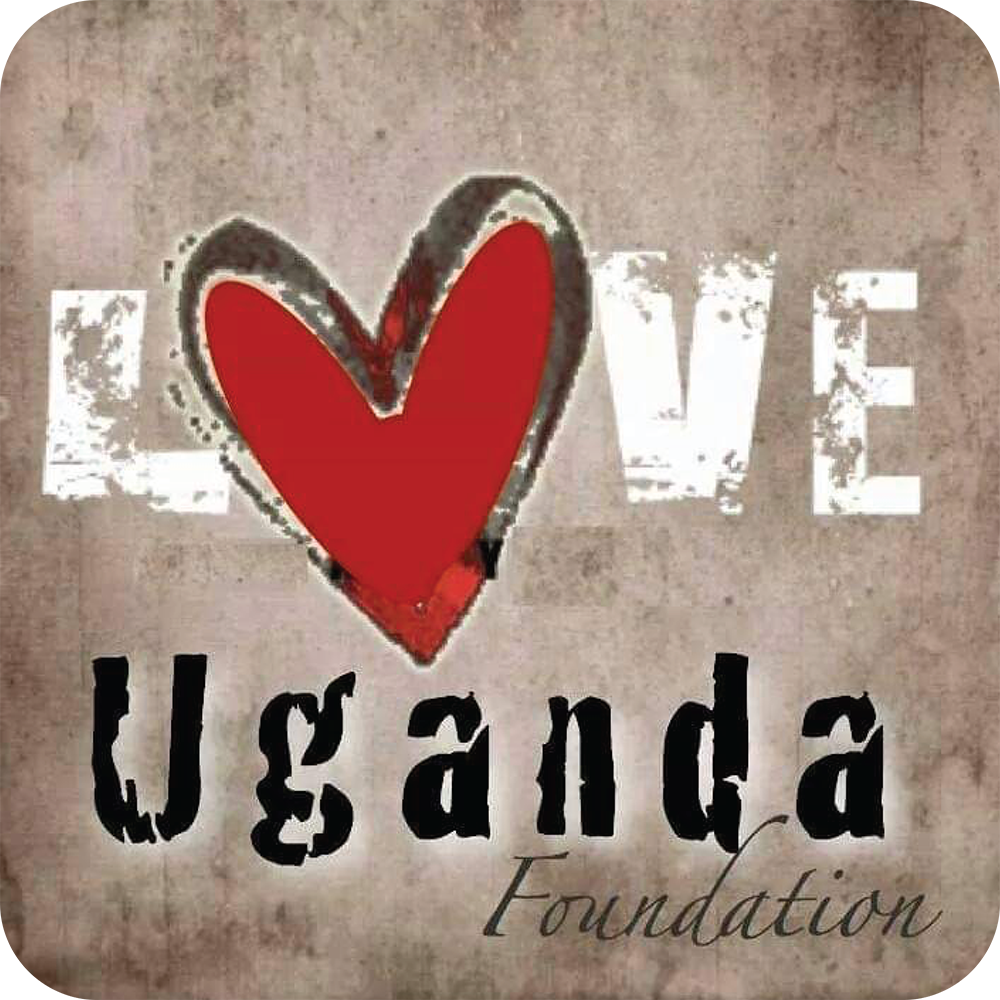Let’s Empower Women Together

Women and girls are classified among the vulnerable group. Their vulnerability is caused by factors such as unequal access to education, high poverty rates, unpaid domestic work, and persistent gender stereotypes among others. Women face challenges of poverty which is attributed to factors such as lack of power, material resources, Illiteracy, traditions, and norms that hinder their development.
The norms and traditions in place are patriarchal in nature which gives more value to the male gender as compared to the female. When it comes to inheritance, oftentimes, properties are left out to males to the disadvantage of females. This stretches to HIV/AIDS-affected households as recent studies reveal that about 30 percent of widows and orphans are victims of this practice following the death of a spouse/parent.
It is no surprise that only about 16 percent of Ugandan women own land in their own right, withstanding the fact that the laws in place grant men and women equal rights to land and other property regardless of their marital status. Most women, especially in rural areas, are linked to the private sphere dominated by unpaid work such as the continuous responsibility over domestic work, like caring for children and animals.
Additionally, women also lack control over income sometimes even in cases when they provide the labor that generates the income as the men have taken over whenever it is at the point of harvesting or selling. The fate of teenage mothers is an area of concern. These young mothers experience many physical, psychological, mental, and social challenges such as depression, and drug and alcohol abuse which at most times is caused by the absent and irresponsible parents of the children and the scorching economy.
Most of them drop out of school and are forced to face the harsh realities of life that come from transitioning from teenagehood to motherhood. There is as well a gap when it comes to the aspect of inclusion of women in decision-making processes. Women are needed in representative positions to articulate the interests of fellow women.
Most of the women eye local council and parliamentary elections due to gender stereotypes and the few that have eyed the Presidential elections have failed miserably regardless of the fact that most of the registered voters are female. Article 180(2), (b) provides that one-third of the membership of each local government council shall be reserved for women. As a result, in 2016, women made up 44% of Local Council Leaders.
Despite the Affirmative Action that requires women representation per district, as of February 2021, 34.9% of seats in the Ugandan Parliament were held by women and the rest by men. All the above inequities and inequalities are registered in the local communities of Uganda regardless of the 75% of legal frameworks in place that promotes, enforce and monitor gender equality and equity under the SDG indicator.
According to the 18th edition of the Uganda Economic Update (UEU), it notes that Uganda’s economic recovery will be faster, stronger, and more sustainable if it brings more women into the center of profitable economic activity and projects that the country’s economic growth to be between 3.5% and 4.0% in Financial Year 2022 and about 5.5% in Financial Year 2023.
It is against the above background that the Love Uganda foundation reaches out to women with the intention of empowering them for the challenges they face in the present time as well as preparing them for the future.
Love Uganda Foundation`s Women empowerment program Focuses on;
- Teenage mothers
- Widows
- Women infected with HIV
- Girl children
- Guardians / Parents for the vulnerable / Orphan children under Luf Education program
In this matter, we provide a platform for the above beneficiaries in communities that have undergone Domestic Violence and have kept silent for a long.
The platform allows them to freely share and overcome the fears of victimization and bring back hope for a better life.
These beneficiaries are allowed to explore talents and passion through the business skills imparted to them to have a sustainable livelihood for their families.
Women Empowerment program helps them to become socially, Morally, and economically empowered
The program benefits 30 women in Mukono and 50 women in Gulu directly every year and the program is conducted twice a year.
The beneficiaries of this program in Gulu do not have a center but deal in art, crafts, tailoring & business mentorship.
The program is open for individual, company, or organization partnerships. By joining hands we can go far.
Activities Under Women Empowernment Program


